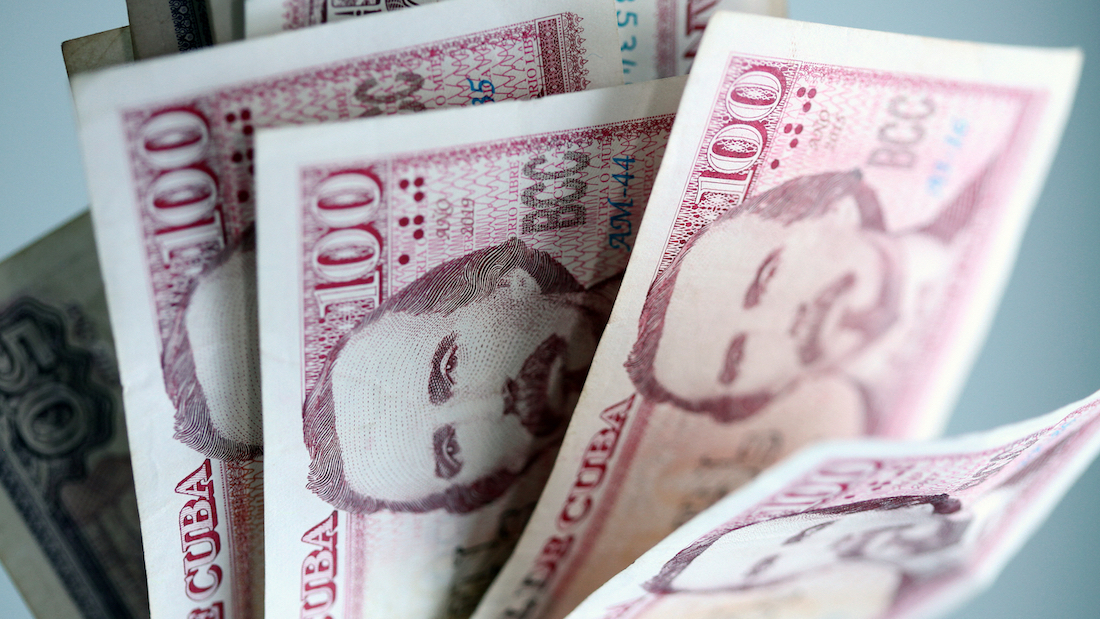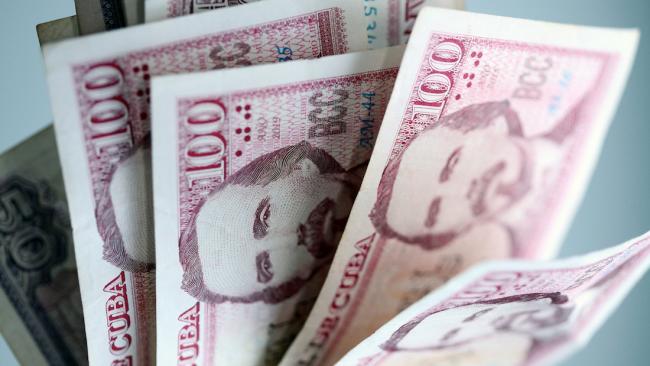The first thing is to understand this: bancarization, more than an economic decision, is a political one, calculated to allow the very small cadre in power in Cuba to tighten its totalitarian grasp over the country. Castroism must be launching it now because it has the external support to deploy the necessary technology to do so, probably from the Russians, who have likely made their support for the regime contingent upon a profound liberalization of the market.
And, even though this is the worst possible moment for the country to devote resources to this, it is foreseeable that the government will spend whatever is necessary to tweak the totalitarian system that keeps it in power before undertaking any structural reform demanded by the Russians that might allow greater economic freedom on the Island.
Assuming this premise, we must assume that bancarization is possible, but it has no guarantees of success, since its greatest obstacle is not a lack of resources, but rather the reactions of Cubans, not through direct resistance, but rather adaptive adjustments to their individual behavior that will be reflected in the economy as a whole.
These individual adjustments could precipitate an unintended increase in misery so unbearable that it causes the regime to implode before it can implement the market reform for which it is now preparing, after 65 years of socialist demolition.
So many variables interact in the economy that it cannot be predicted with certainty what the result of an intervention in the system will be. Hence, even in democratic countries, legislators often end up producing unforeseen consequences, even ones contrary to what they intended with a given law.
In Cuba, this dynamic is exacerbated, because the Government has an iron-fisted mindset, which spurs it to lead society not through incentives, but rather through prohibitions and punishments, which has instilled in Cuba a culture of individualized passive resistance.
This culture underlies the failure of countless Castroist laws that, instead of approaching the citizen as a human being, have considered him part of a kind of putty in the hands of social engineers seeking to build socialism using people as the fundamental substance of their work.
Thus, contrary to what the Government seeks, bankarization could produce unforeseen consequences that may exacerbate misery and bring about the uprising that it is trying to prevent, or at least preparing to quash, with Russian support. What consequences? It may very well be that this attempt to make state banks the backbone of the economy has the opposite effect, and the people, fearing the onerous Castroist financial system, will use technological and communication means to develop a private and illegal but effective protobank, just as a parallel currency market has been developed, one much more efficient in terms of resource allocation than the legal one.
Along with this rejection of the state financial system, and knowing that the Government does not respect money kept at home, the desire to abandon the national currency and move to the dollar might intensify, as the latter already functions much better as a medium of exchange, reserve and value measurement.
Thus, instead of Cubans embracing the peso, presumably be state-backed, and facilitating the electronic circulation of money, they could flee en masse towards the dollar and the euro, preferring to convert that huge volume of CUP today into foreign currency in private hands before going to the bank, driving up the exchange rate.
This sudden rise in the price of the dollar would soon impact all other prices, but first it would deal a blow to supply; as the price of the dollar rose faster than that of goods, it would take businesses time to cover their need for foreign currency, causing them to reduce imports.
To these severe short-term effects on the value of currencies and supply chains, a long-term effect would be added due to the loss of Castroism's credibility.
This process we call bancarization is rightly perceived as a unilateral change in the rules of the game; a confirmation, if necessary, of the unreliability of the Cuban State and that investing in Cuba is highly risky, which deprives the country of those productive investments that require long periods of maturation (precisely those that the Cuban economy needs most) while attracting investments that are limited to reselling and making a quick profit, which drive up prices.
This sudden supply reduction, loss of credibility, declining investment, and an increasingly expensive dollar would throw gasoline on the inflationary fire that is already scorching Cuban households.
To make matters worse, Cuban families would have to resort to an illegal market, no longer of foreign currency, but rather of the national currency itself, since the state banks, having limited withdrawals to 5,000 pesos per day, in many cases would be incapable of providing the cash needed by families and businesses, which would have to obtain it from the illegal, private protobank mentioned above, paying a premium for it.
With its heavy-handed methods, Castroism is imposing bancarization coercively, and not through incentives, such that the odds are very high that Cubans' reaction will be contrary to what the Government expected.
If it all turns out like this, the stricter social control that Castroism wants may not arrive in time, before launching market reform, and inflation much worse than the current one may become the last straw, a spark igniting Cubans' loathing of their Government. If this move backfires on Castroism, it could end up without a gun.


Do you want to earn money without investing money. That’s how I started this job and Now I am making $200 to $300 per hour for doing online work from home.
.
.
Apply Now here————->>> https://iplogger.com/hhh78